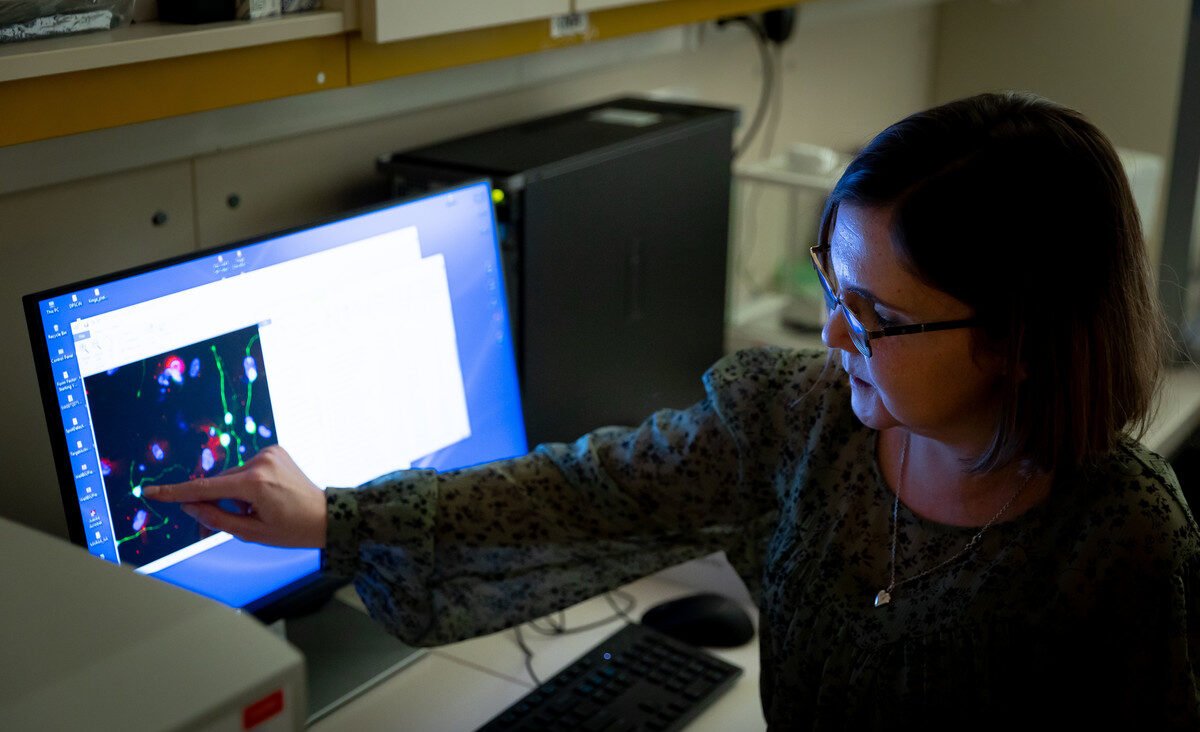
Kinga Vörös, a PhD student at Semmelweis University’s Institute of Translational Medicine, has been awarded the 2024 Semmelweis Innovation Award for her pioneering work on Huntington’s disease, an incurable neurodegenerative disorder.
Vörös’s research focuses on repurposing the antihypertensive drug felodipine as a potential therapy. In collaboration with the University of Cambridge, the study tested the drug’s safety in 18 patients and seven healthy controls while simultaneously examining its effects on lab-grown neurons created from patients’ skin cells.
These induced neurons preserve the donor’s genetic and age-related characteristics, enabling precise study of disease progression and drug impact. Preliminary results suggest that felodipine may improve cellular processes, including autophagy, which is impaired in Huntington’s disease.
With phase one largely complete, Vörös and her team are moving toward patenting their model and publishing findings. The approach could accelerate drug development not only for Huntington’s but also for Alzheimer’s and Parkinson’s diseases.
“This is what I have always wanted to do,” Vörös said. “Here, I can see first-hand how our work is being put to use in helping people.”
Source: Semmelweis University




